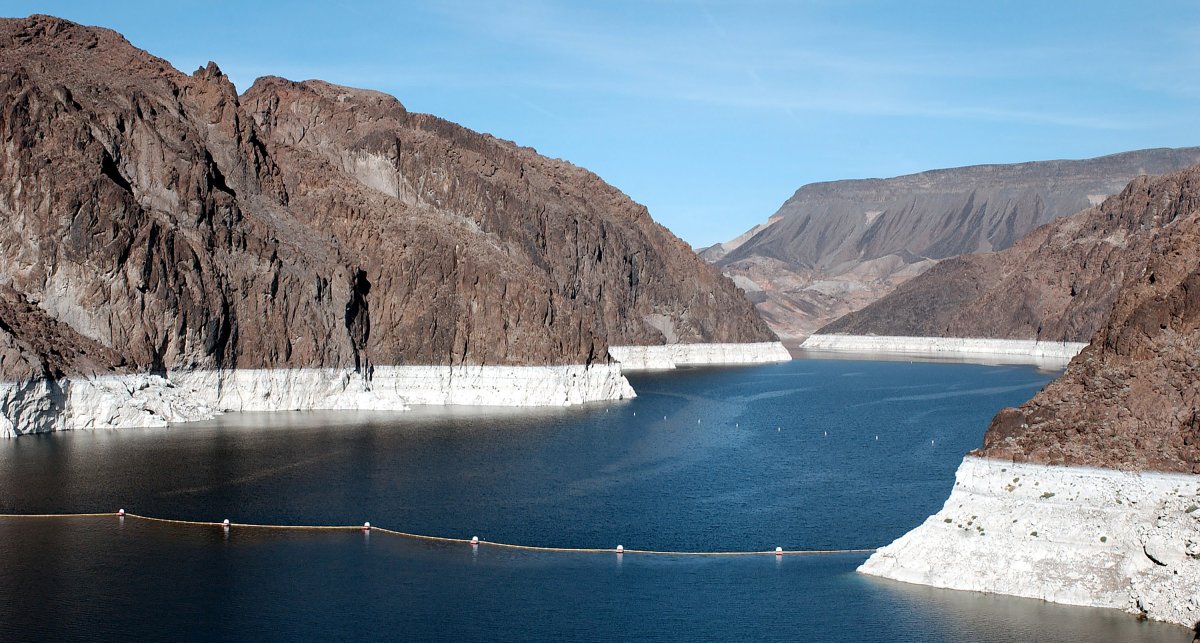Negotiations between seven states pulling water from the Colorado River are ongoing, with potential legal challenges hanging in the balance should the states not agree on a solution regarding the river's management after 2026.
States in the lower and upper Colorado River Basin are again arguing over who should shoulder water cuts to account for depleting water levels in the Colorado River and its two major reservoirs—Lake Powell and Lake Mead.
Drought and overuse have depleted the river, which provides drinking water to the region's residents as well as irrigation for farms throughout the upper and lower Basin, which consists of Wyoming, Utah, Colorado, New Mexico, California, Arizona and Nevada. Reservoir levels at both lakes are also falling, heightening concern about the future of water access in the region.
The states in the lower basin—California, Arizona and Nevada—shoulder the greatest water cuts to account for the billions of gallons of water lost to evaporation and transport. However, the Lower Basin states are pushing for the Upper Basin states to bear the brunt of further water cuts—a solution to which the Upper Basin states aren't keen to accept.

Negotiators appointed for each state have failed to reach a solution thus far, with Anne Castle, the Biden administration's appointee to the Upper Colorado River Commission, telling E&E News that discussions between states are ongoing.
Newsweek reached out to the Upper Colorado River Commission by email for comment.
The arguments have prompted the U.S. Bureau of Reclamation to delay publication of an environmental impact statement examining potential options originally planned for December, and further delay could lead to an intervention from the federal agency, which risks legal challenges regarding the bureau's decision, the Las Vegas Review-Journal reported.
Arguments over the management of the threatened river and depleted reservoirs are nothing new. Negotiations have been rife with disagreement when the states have come together, such as in early 2023, when six of the states in the basin united to propose a plan for water conservation. A day later, California came out with its own plan, which didn't account for water loss due to evaporation or transportation, proposing bigger water cuts for Arizona. The other states argued that California should endure greater water cuts.
Attempts at more water access have led to arguments within states as well. In California, the state's Department of Water Resources (DWR) and the U.S. Bureau of Reclamation are rewriting a plan for the Sacramento-San Joaquin Delta that would allow more water for some cities and farmers in the southern part of the state. However, environmentalists are pushing back against the plan over concerns about environmental impacts, such as threatening endangered fish species living in the delta should the proposal come to fruition.








![[WATCH] Charlamagne Tha God Refutes Reports That Wendy Williams Is “Incapacitated”](https://thesource.com/wp-content/uploads/2025/01/Screenshot-2025-01-08-at-12.19.27-PM.png)











 English (US) ·
English (US) ·